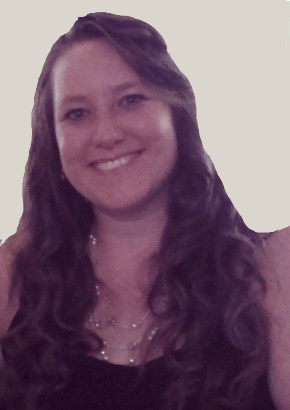Randomocity: Just a word-brandishing human

January 30, 2015
“I want to be a writer.” This statement gets me raised eyebrows and looks of mild condescension at nearly every turn, as if I’d spouted that I plan to be recognized as a Shakespearean-caliber genius by the time I’m twenty-five. Most often people ask me what I plan to do “as an actual job,” to which I reply, “I plan to be a high-school English teacher.” This statement usually conjures up looks of sympathy or faces of mild distaste. I’ve heard the words, “I hated English” more in the past four years than I can count.
More than anything else this makes me want to take an aggressive step or two forward and bark back, “You hated English!?” But I won’t do that. I will hold up my hands in defense and provide sanctuary for the beautiful language that I, that you, that they would be incommunicative without, the language that is at the depths of my desire to write. So why do I want to be an English teacher? Because I want to be a writer. I want to show kids that “hate English” what it can do for you, what it did for me.
English made me a writer. So what does that mean? It means loving language, it means warping words and sentences and punctuation into something beautiful. It means quieting the whirling stream of possibilities inside my head; it means reading, falling in love with oceans of characters to lead you through worlds you don’t yet recognize.
Being a writer means seeing through literature-colored lenses, it means pulling the beauty from the world and splattering it across your canvas. Being a writer means painting pictures in your mind with colors that haven’t been invented yet. Being a writer means building up an arsenal of wit and learning to wield it like a blade.
What did English do for me? It gave me the opportunity to speak with confidence and write love letters to the universe. It gave me practical skills, it gave me poise and it gave me bravery. English provided me a skeleton in which to breathe a soul. The bones of my beautiful language allowed me the fortuity to seek a deeper meaning. (It allowed me to use words like “fortuity”).
So I ask you, as a word-brandishing human, next time you approach an English teacher or a writer, or a lover of the language that you use, that you would be lost without, remember what it did for you. It gave you the opportunity to express yourself. It allowed you to discard those Shakespearean sonnets as “old” and “confusing”. It provided you the opportunity to defend yourself, to stand up for the people that you love or the things that you believe in, it let you sound smart, it let you be right and wrong. English let you read the entirety of this article and still mutter, “I hate English” under your breath.







